Goering: Concentration Camps

Dr. Stahmer: The concentration camps?
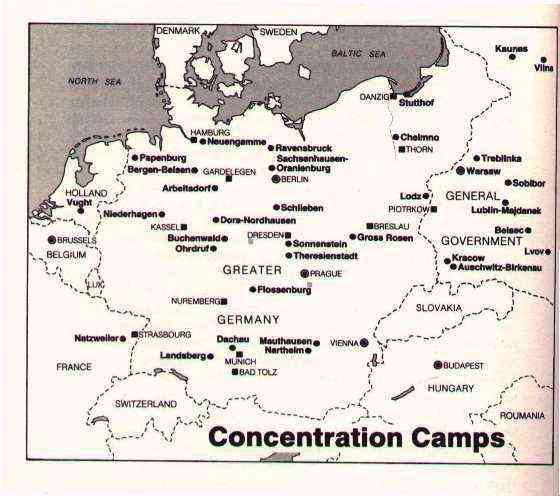

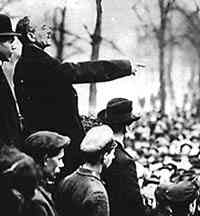
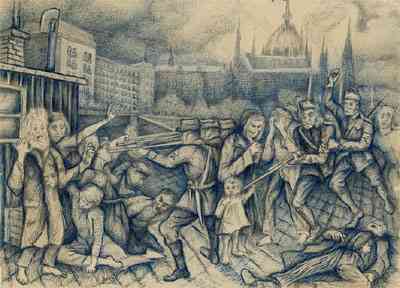
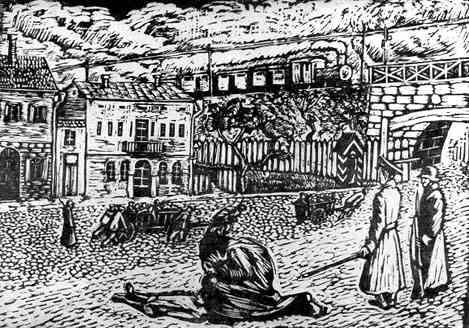
Goering: I naturally gave instructions that such things should not happen. That they did happen and happened everywhere to a smaller or greater extent I have just stated. I always pointed out that these things ought not to happen, because it was important to me to win over some of these people for our side and to re-educate them.
Dr. Stahmer: Did you do anything about abuses of which you heard?
Goering: I took a personal interest in the concentration camps up to the spring of 1934. At that time there were two or three camps in Prussia.
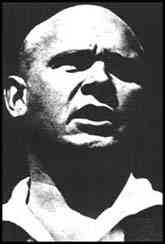
Thereupon, as the witness who was present has said already, I told Thalmann that I regretted that. At the same time I told him, "Dear Thalmann, if you had come to power, I probably would not have been beaten, but you would have chopped my head off immediately." And he agreed. Then I told him that in the future he must feel free to let me know if anything of this sort should happen to him or to others. I could not always be there, but it was not my wish that any act of brutality should be committed against them. Just to demonstrate this case, which was not an unimportant one, I want to stress that later Thalmann's wife turned to me for help and that I answered her letter immediately.
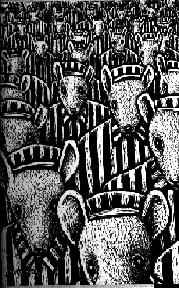


I had this camp closed at once--my Defense Counsel will remember that he, independently of me, received information about this during the Trial, from an inmate whom I do not know at all--and I had the guilty persons, who had committed acts of brutality there, brought before a court and prosecuted by the state attorney, which can likewise be proved. Karpfenstein was expelled from the Party. A second camp of that kind was found in Breslau, which Heines had established. I do not remember today what happened there. At any rate, it was a camp not authorized by me. This one I likewise closed down and did away with immediately. Heines was one of the closest of Rohm's collaborators, about whom I shall speak later.

Dr. Stahmer: Did you, after a consolidation of power had taken place, ever free inmates to any great extent and at what time did you do so?
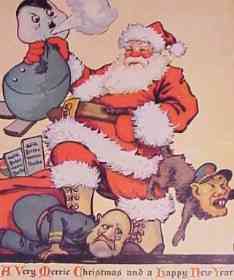
1946 Nuremberg Tribunal: On day 207, defendant Hermann Goering gives testimony concerning his knowledge of medical experiments on concentration camp prisoners.

Goering: Before giving my answer, may I have a look at the decree?
Sir David Maxwell-Fyfe: Would you like ... ?
Goering: Yes, I should like to see it.
Sir David Maxwell-Fyfe: I have only the English copy. [document is handed to the witness]
Goering: Yes, that is just what I wanted to find out. This decree has nothing whatsoever to do with experiments. It begins with the following--I shall translate it freely, I do not know the language so well.
A planned co-ordination is necessary for the personnel and material in the field of health and in the whole Medical Inspectorate. I therefore decree as follows ...
The decree created the post of the chief of the medical department--I no longer know the exact designation-in order to solve the shortage of medical officers and of medical supplies-that is especially emphasized here--and, of course, if necessary, to carry out joint research work. What we did in the field of research, especially during the war, is of course quite clear. Since the Army was providing the bulk of the medical officers and was receiving the largest amount of medicines and material, the Sanitary Inspector was put at the head of the department. Since the Air Force was the second largest branch of the Wehrmacht, the Chief of Staff was chosen from the ranks of the Luftwaffe. That is quite understandable.
Sir David Maxwell-Fyfe: The point that I am putting to you, and I think you have gathered it, is that on 28 July 1942 there was this additional interest in medical matters and research which made Hitler assemble this coordinating staff. Now, I want you just to remember how that interest in medical matters was shown in your service. A month later, on 31 August 1942, your second man Milch was writing to Himmler. My Lord, this is Document Number 343-PS, the Exhibit USA-463.

Now, assume that Milch is telling the truth for the purpose of this question, and that that letter was put in front of him by the head of your medical department for his signature; assume that, if you like. There is no reason to suppose that the head of your medical department was telling lies in the letter he put before Milch; no reason to assume that that letter is untrue, and if, in your service, lectures were given on these experiments with motion pictures to the men, are you still telling the Tribunal that you, as the head of the service, knew nothing about these experiments for your service that were going on?
Goering: I am telling the Tribunal only the truth. First, this letter need not by any means have been submitted to Milch by the Sanitary Inspectorate just because it was a direct letter between Himmler and Milch. Secondly, while he was in the witness stand here, Milch ...
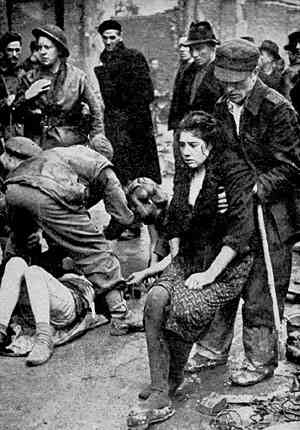
Goering: I am afraid I did not understand you quite clearly. Did you read me a letter from Field Marshal Milch or did you read the testimony that Milch gave here? The translation did not make that quite clear.
Sir David Maxwell-Fyfe: I read to you a quotation from a letter of Field Marshal Milch to Himmler. And I informed you, in case you didn't remember, that Field Marshal Milch--that your medical department put that letter in front of him and that he signed it blindly. That was Milch's evidence. I asked you to assume that Milch was telling the truth. I don't mean that for the moment. I am asking you, as head of your service, if, these experiments were the subject of lectures and motion pictures shown to your own men serving under your command? Are you still telling the Tribunal that you knew nothing about them?
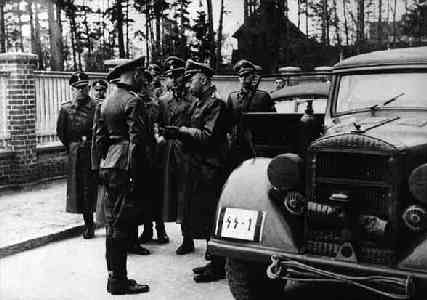
Sir David Maxwell-Fyfe: Witness, I just passed the decree, you know. I want your answer. Do you say that you did not know that lectures and motion pictures were shown to the men under your command, dealing with these experiments? I just want your answer quite clearly yes or no. Did you or did you not know?
Goering: No, I knew nothing about that. May I ask you once more to take into consideration that the Ministry was an administration of its own, whereas I, at headquarters, dealt rather with strategic and tactical matters. I would certainly have objected to such experiments; even though the Russian Prosecution, I believe, at one time distorted this, I maintain this. In 1934 1 strictly forbade experiments and tortures to be carried out on living animals; kindly do not expect me to have permitted them to be carried out on human beings.

These researches which deal with the behavior of the human organism at great heights, as well as with manifestations caused by prolonged cooling of the human body in cold water, and similar problems which are of vital importance to the Air Force in particular.
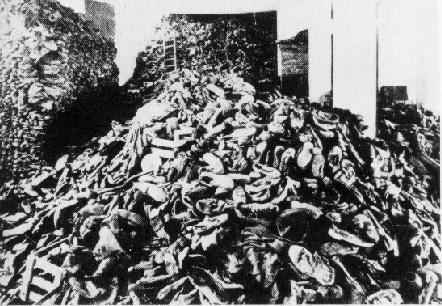
Unfortunately you had no time recently when Dr. Rascher wanted to report on the experiments at the Ministry for Air. I had put great hopes in that report because I believe that in this way the difficulties, based mainly on religious objections, which obstructed Dr. Rascher's experiments for which I have assumed responsibility, could be eliminated. The difficulties now are still the same as before. In these Christian medical circles the standpoint is being taken that it goes without saying that a young German aviator should be allowed to risk his life, but that the life of a criminal who is not drafted into military service is too sacred for this purpose and one should not burden oneself with this guilt.
Then Himmler goes on to say that in view of the importance to the Air Force and also to the Waffen-SS, "however, in this connection, I suggest that in view of the liaison between you and Wolff," that is, Milch and Wolff, "a non-Christian physician should be in charge who would, at the same time, be informed of the results." Are you saying, Defendant, that you never heard, although Hitler had heard, that Christian medical circles were protesting against these experiments?
Goering: I think you mean Himmler, not Hitler.
Sir David Maxwell-Fyfe: Himmler, I am sorry. Although Himmler knew, you say you did not know that Christian medical circles were apparently, according to this letter, publicly and insistently protesting against these experiments? Did you not know that?
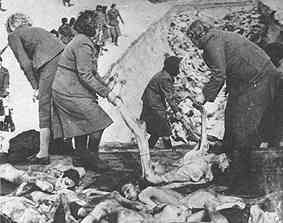
Sir David Maxwell-Fyfe: I want you--again, I want you to apply your mind to this: You and Himmler were still on good terms in 1942, weren't you?

Sir David Maxwell-Fyfe: You were more than that. Within a few days of this letter you sent him an attaché-case of crocodile leather, a box of cigars, and a notebook for Christmas. This means that you were on good terms with Himmler at this time. Do you mean to say that you never heard, that Himmler never said to you, that Milch never told you, that your medical officer never said to you, that these experiments were being carried on and were causing protest in Christian medical circles? Did everyone conspire, Defendant, to keep you in ignorance of every matter that might be embarrassing to you? Now, is that the answer?
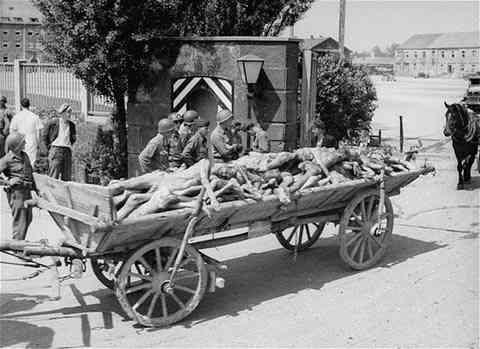
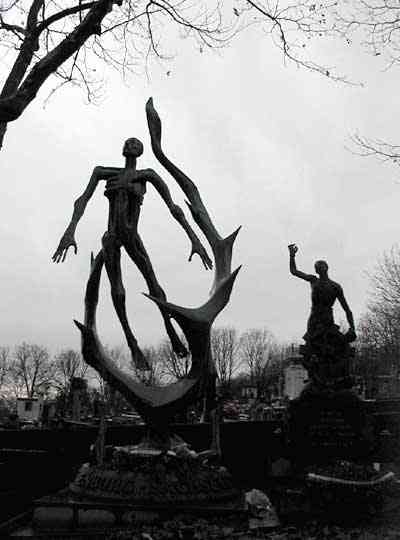





The Nuremberg Tribunal Biographies
Caution: As always, these excerpts from trial testimony should not necessarily be mistaken for fact. It should be kept in mind that they are the sometimes-desperate statements of hard-pressed defendants seeking to avoid culpability and shift responsibility from charges that, should they be found guilty, can possibly be punishable by death.
Disclaimer:The Propagander!™ includes diverse and controversial materials--such as excerpts from the writings of racists and anti-Semites--so that its readers can learn the nature and extent of hate and anti-Semitic discourse. It is our sincere belief that only the informed citizen can prevail over the ignorance of Racialist "thought." Far from approving these writings, The Propagander!™ condemns racism in all of its forms and manifestations.
Source Note: The trial portion of this material, which is available in its entirety at the outstanding Avalon and Nizkor sites, is being presented here in a catagorized form for ease of study and is not meant to supplant or replace these highly recommended sources.
Fair Use Notice: This site may contain copyrighted material the use of which has not always been specifically authorized by the copyright owner. We are making such material available in our efforts to advance understanding of historical, political, human rights, economic, democracy, scientific, environmental, and social justice issues, etc. We believe this constitutes a "fair use" of any such copyrighted material as provided for in section 107 of the US Copyright Law. In accordance with Title 17 U.S.C. Section 107, the material on this site is distributed without profit to those who have expressed a prior interest in receiving the included information for research and educational purposes. If you wish to use copyrighted material from this site for purposes of your own that go beyond 'fair use', you must obtain permission from the copyright owner.

